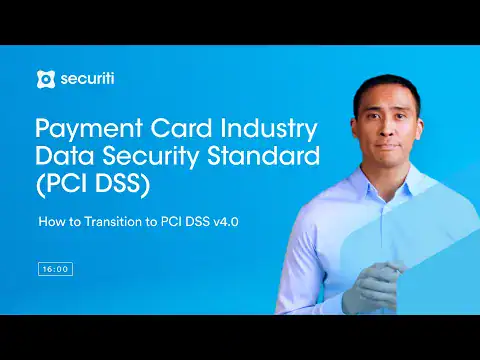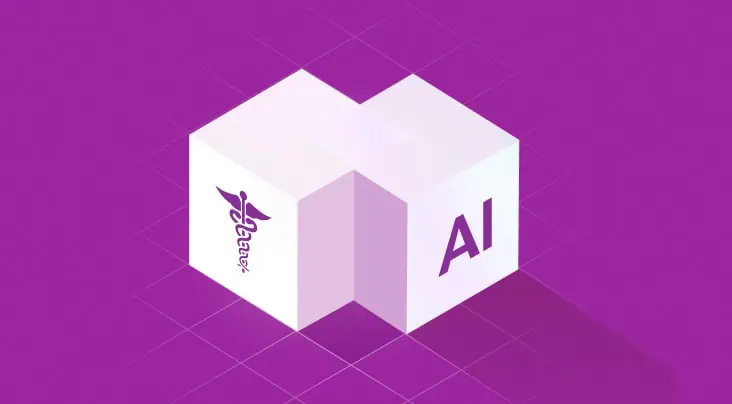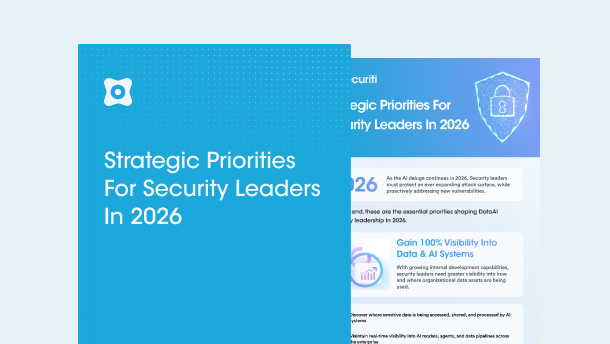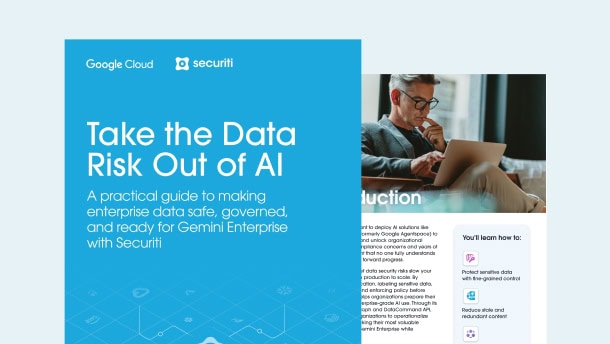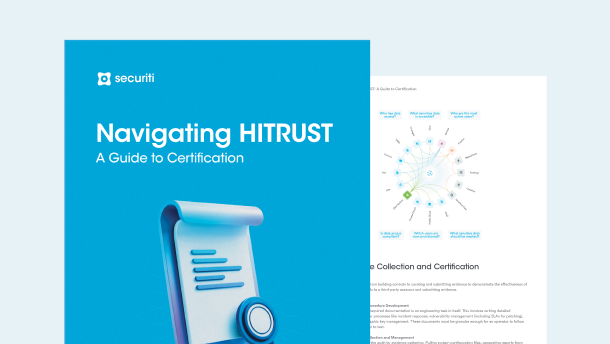Payment Card Industry Data Security Standard (PCI DSS) compliance represents a critical framework for organizations processing payment card transactions in the ever-evolving digital transactions and data security landscape. Though ensuring PCI DSS compliance is essential to protecting sensitive data, noncompliance can have serious repercussions.
This guide aims to dissect the complexities of PCI DSS noncompliance penalties to provide organizations with a comprehensive understanding of the consequences of not fulfilling the strict requirements set by the PCI Security Standards Council.
Consequences of PCI DSS Non-Compliance
Noncompliance with PCI DSS can have serious consequences for organizations, including:
Financial Penalties
Noncompliant organizations may face fines from credit card companies. The monetary amount may vary depending on the severity of noncompliance.
Loss of Cardholder Trust
Customers may no longer trust the organization or provide them with sensitive data if non-compliance results in a security breach.
Legal Consequences
In countries where PCI DSS compliance is required by law, government agencies and regulatory authorities can prosecute organizations that violate PCI DSS requirements, resulting in complex legal consequences.
Data Breach Expenses
In the event of a data breach, the expenses of identifying and addressing a data breach, informing the individuals impacted, and the resolution process can increase costs.
Increased Transaction Costs
Transaction costs may rise due to non-compliance since non-compliant organizations may be subject to higher transaction fees or rates from credit card companies.
Loss of Merchant Account
A non-compliant organization may have its merchant account suspended by acquiring banks or payment processors, significantly impacting the ability to accept credit card payments.
Common Causes of PCI DSS Violations
PCI DSS violations can be caused by several factors, such as:
Inadequate Data Encryption
Absence of data encryption. It is a clear violation of PCI DSS to store or transfer cardholder data without adequate encryption. Data must be encrypted to be protected while it is in transit and at rest.
Lack of Regular Security Assessments
Vulnerabilities may go undiscovered, and the likelihood of a security breach may rise due to irregular security assessments, including penetration testing and vulnerability scans.
Poor Access Controls
Unauthorized parties can access sensitive data due to inadequate access controls, which include weak passwords, a lack of multi-factor authentication, and incorrectly configured user privileges.
Outdated or Insecure Systems
Systems can be exploited if they run operating systems with known vulnerabilities or outdated software. Keeping an environment secure requires patch management and regular updates.
Inadequate Staff Training
Inadvertent security breaches may arise from inadequate staff awareness and training on security best practices.
Poorly Managed Security Policies
Implementing inadequate security policies escalates the chances of noncompliance. Organizations must develop and enforce comprehensive data security policies.
What Are the Penalties Given by Payment Brands for Violations?
Depending on the exact requirements violated, the severity of the infraction, and which payment brand is involved, penalties may differ. Merchants, financial institutions, and service providers must comply with requirements set forth by payment brands, such as Visa, MasterCard, American Express, and others.
Penalties imposed by payment card brands include fines, increased transaction fees, loss of payment processing privileges, and recurring assessments, to name a few. Although the specifics of fines may differ, organizations should consult the paperwork offered by the respective payment brands for the most recent and accurate information. More importantly, staying current on industry practices is crucial as the regulatory landscape could evolve.
How to Avoid PCI DSS Fines and Penalties?
Organizations must comply with PCI DSS requirements to avoid PCI DSS fines and penalties.
First and foremost, it's imperative to conduct PCI DSS compliance assessments regularly and quickly resolve any identified vulnerabilities. Organizations should add an additional layer of security to sensitive data by encrypting data so that it's secure during transit and at rest.
Additionally, it’s crucial to establish access controls and grant access to only those individuals who require access to cardholder data. Such access must be documented, and access logs must be transparent. Organizations must also conduct routine testing and monitoring of security systems to assist in identifying and patching any vulnerabilities.
Also read: Navigating PCI DSS v4.0 : 12 Step Compliance Checklist
To ensure network infrastructure security, systems and software must be updated regularly, and employees should receive training on the best practices. Remember that employees create a culture within the organization; thus, promoting a security-aware culture can significantly contribute to PCI DSS compliance.
Lastly, organizations must collaborate with PCI-compliant service providers and ensure that independent contractors comply with PCI DSS requirements as well.
